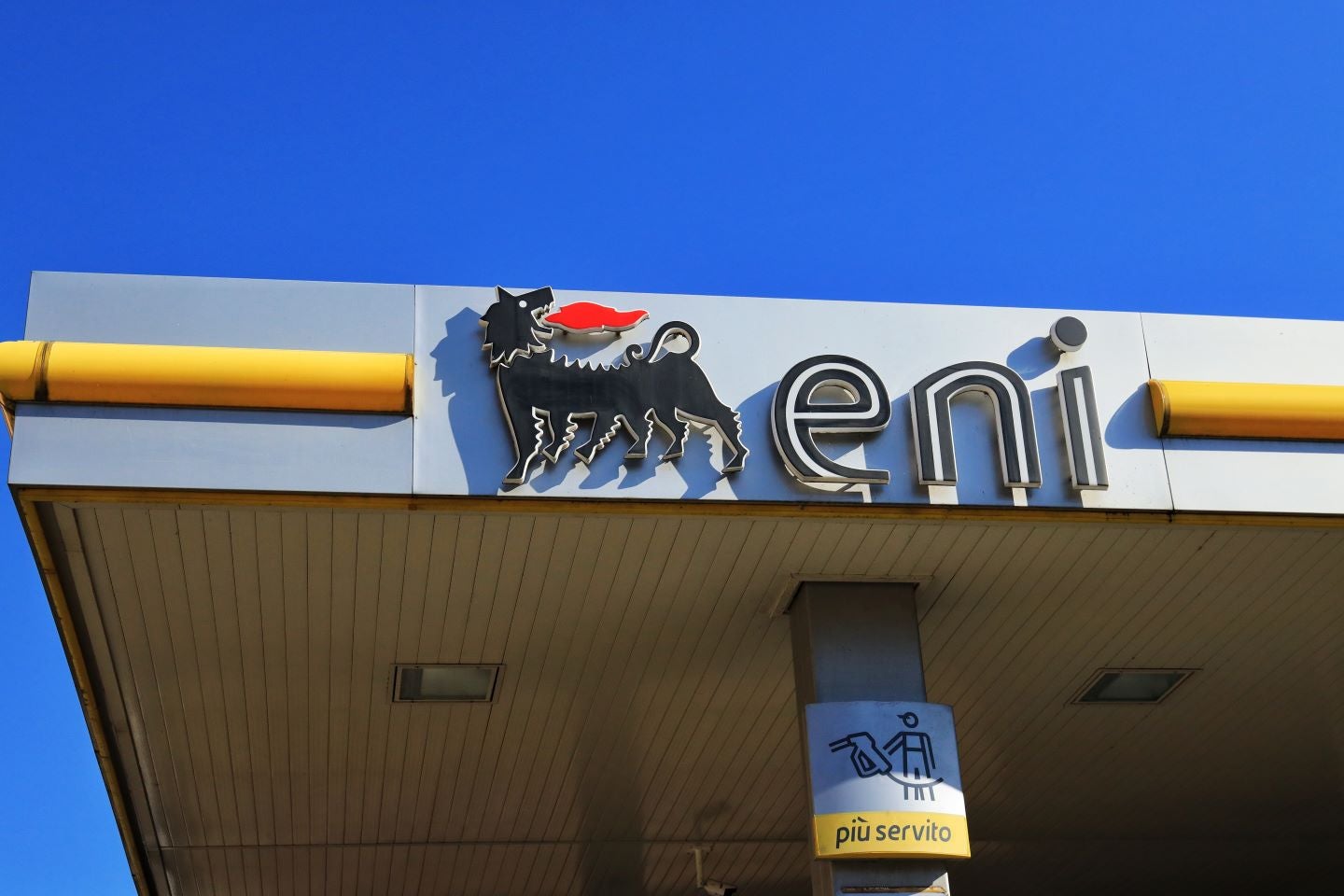
Italian-based companies RINA and Eni have agreed to partner to accelerate the energy transition and decarbonisation of their respective operations, specifically marine transport.
The agreement specifically addresses the use of hydrogenated vegetable oil (HVO) biofuel produced by Eni in its Venice and Gela bio-refineries.
How well do you really know your competitors?
Access the most comprehensive Company Profiles on the market, powered by GlobalData. Save hours of research. Gain competitive edge.

Thank you!
Your download email will arrive shortly
Not ready to buy yet? Download a free sample
We are confident about the unique quality of our Company Profiles. However, we want you to make the most beneficial decision for your business, so we offer a free sample that you can download by submitting the below form
By GlobalDataIn addition to HVO, the collaboration focuses on various energy sources from biogenic, renewable or waste raw materials that don’t compete with the food chain, such as blue or green hydrogen and ammonia, which are commonly used in the naval industry.
RINA chairman and CEO Ugo Salerno highlighted how cooperation and shared knowledge are key to reaching their goals within the maritime industry: “Cooperation between companies is the way forward towards the common goal of decarbonising industry and transport. By sharing know-how and experience with Eni, we will contribute to developing innovative energy supply models.”
RINA claim that in its 2022 financial results, which covered the years up to 2027, they presented a new strategic plan and set the goal of generating organic revenues of roughly €1.25bn ($1.33bn).
This further reiterates RINA’s commitment to the decarbonisation of the maritime sector and reinforces its key focus areas of energy transition and environmental, social and governance.
Salerno added: “Our collaboration will begin by focusing on the maritime sector, a diversified and hard-to-abate industry that can draw on initiatives already adopted by other industrial segments to decarbonise operations.”
Italian multinational energy corporation Eni opened the world’s first biorefinery in Venice in 2014 in order to comply with European and national legal requirements, which dictate that an increasing percentage of fuels must be generated from raw materials derived from renewable sources.
According to Eni, they processed over 220,000 tonnes of raw materials of which more than 25% were utilised cooking oils, animal fats and other waste vegetable oils.
In order to further aid in the pursuit of the sustainability objectives of the naval sector, Eni and RINA will also take into consideration conducting experiments and pilot projects relating to the on-board collection of CO₂ emissions.
Eni Energy Evolution COO Giuseppe Ricci stated how the expertise both companies bring will satisfy the demands of marine industry leaders: “Eni and RINA can make a significant contribution to the decarbonisation of maritime transport with their wealth of expertise and technological capabilities.
“Following a technology-agnostic approach, we are exploring multiple solutions. Thanks to this agreement, we will have the opportunity to study and develop them in the short, medium and long term, with the objective of making maritime transport more sustainable and meeting the needs of shipowners and logistics operators.”
This collaboration builds on RINA’s earlier decarbonisation measures, which have included signing an MoU with the World Maritime University to provide educational and technical maritime to students and their partnership with ABB to develop new shipping decarbonisation concepts.








